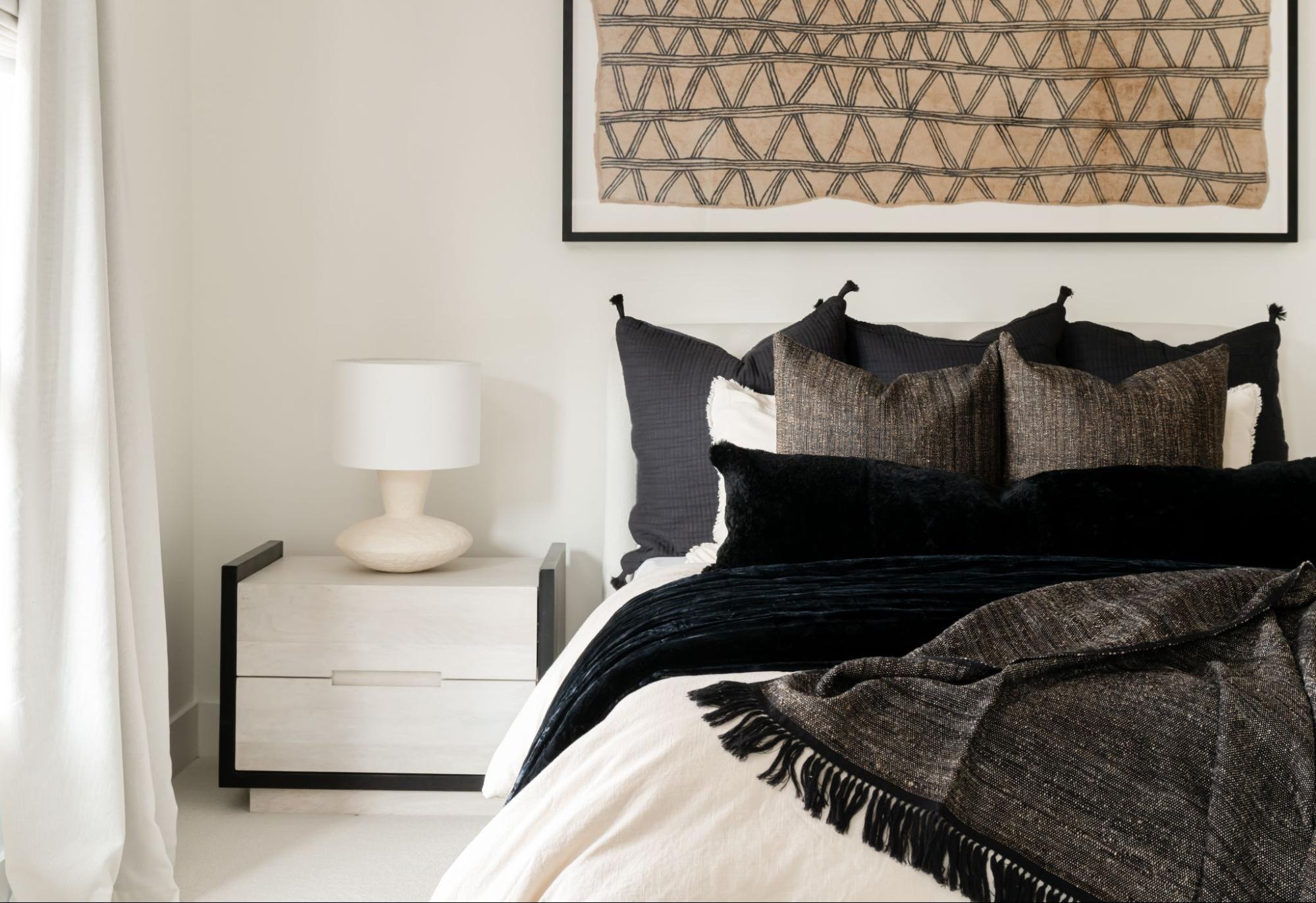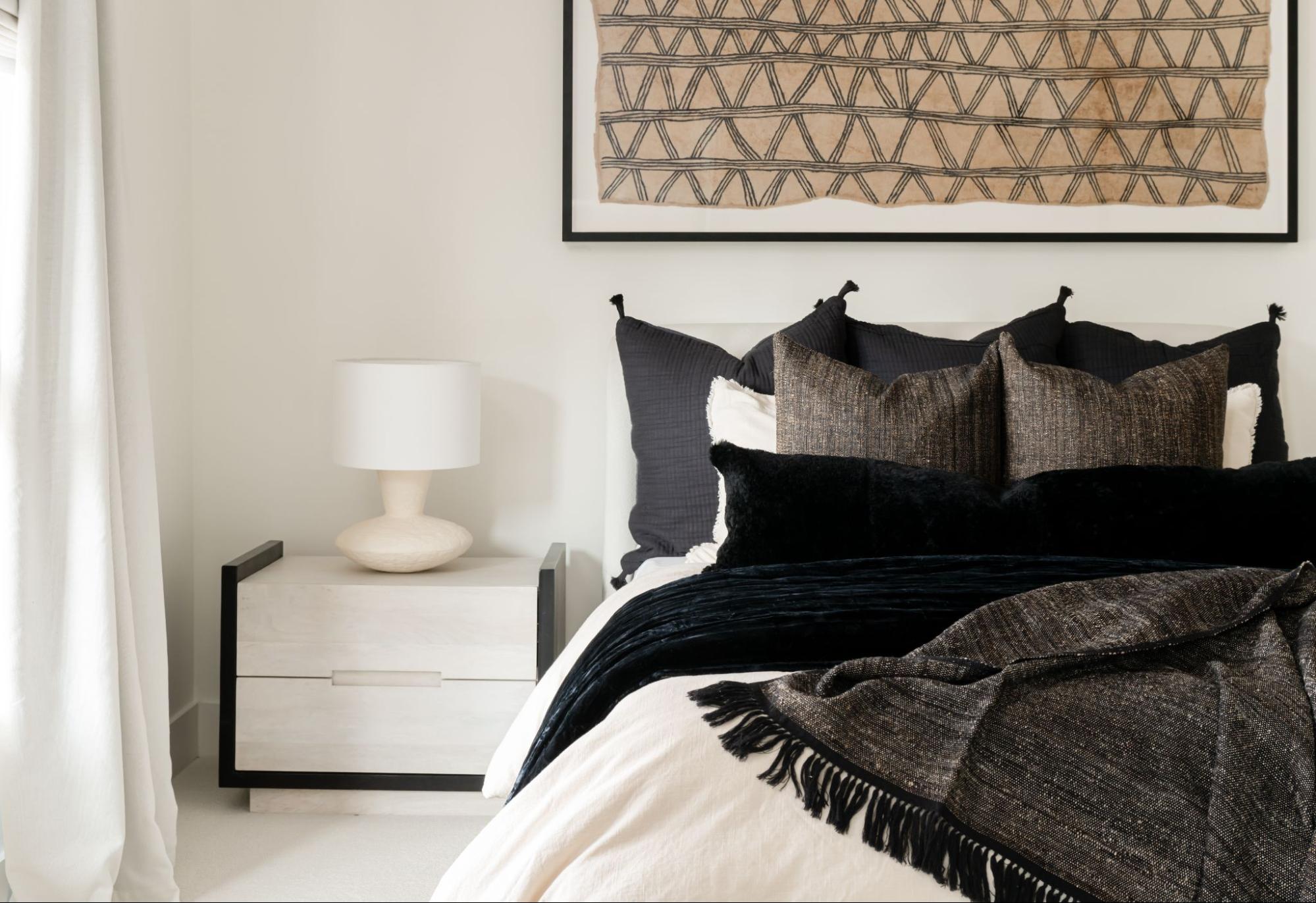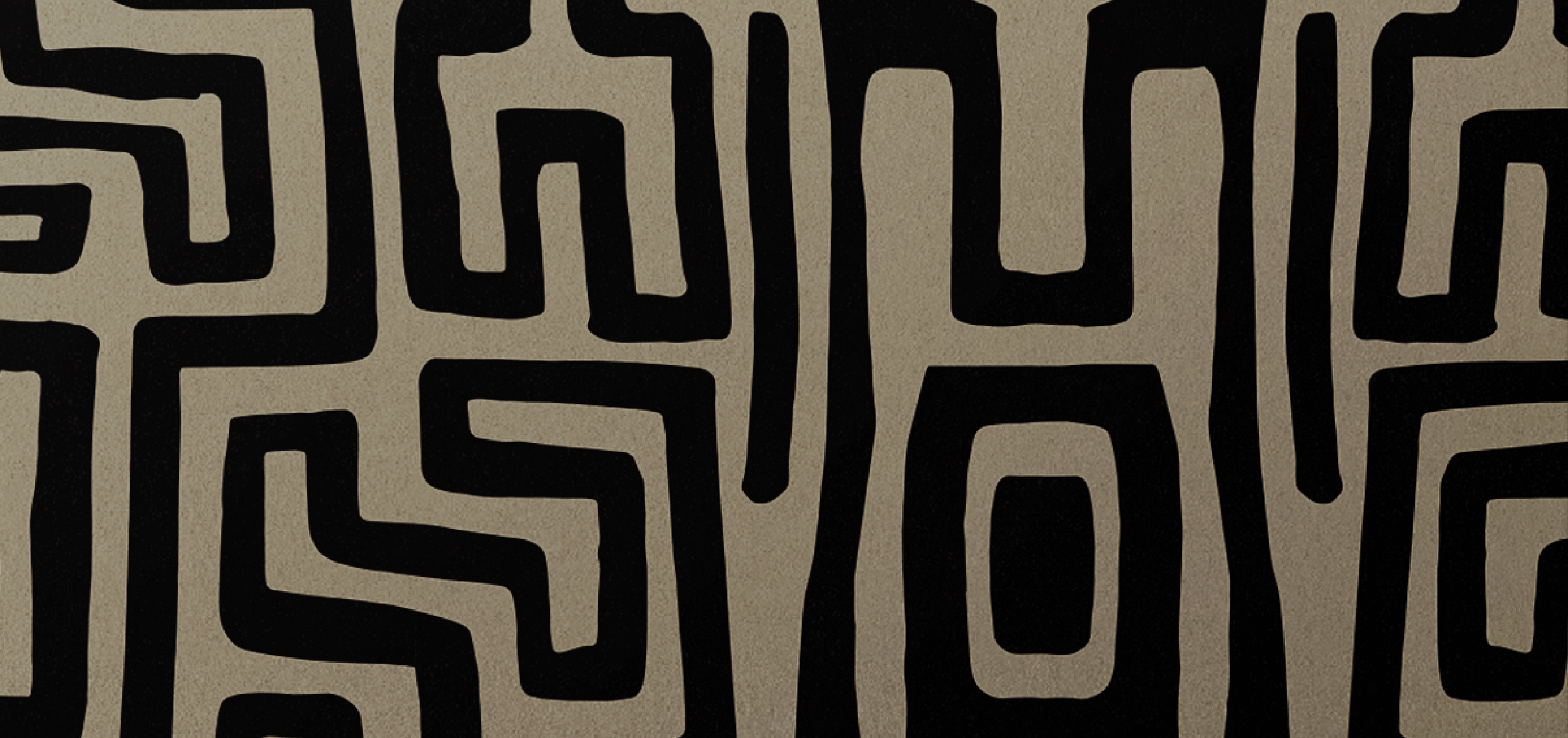I’m not a feng shui master, but I’m deeply fascinated by it — and I’ve learned enough to know it’s less about mysticism and more about energetic intelligence.
When I began designing The Still House, feng shui became a powerful lens I used to explore both the architectural layout and how each room made me feel. Feng shui literally translates to 'wind-water' — it’s about flow. It’s a way of arranging your space to create harmony between you and your environment. One foundational tool is the Bagua Map, which divides your home into energetic zones: wealth, love, family, health, etc. The placement of doors, beds, toilets — even plants — can influence how energy moves through these zones. |
 |
|
The Bagua Map |
Your Front Door Is EverythingLet’s start at the entrance. Your front door is how energy enters your home. If it’s dirty, chipped, or cluttered, that’s the message you’re sending to the universe. Dead plants? Nope. Spiderwebs? Clear them. You want a clean doormat, healthy greenery, and a front door that gets attention. I even make a point to wipe off my dog’s nose prints — it’s about honoring the space that welcomes energy in. |
 |
Sharp Objects + Prickly EnergyIn feng shui, sharp or spiky shapes are thought to cut energy or create tension. Think cactuses, jagged sculptures, even dried branches (which I currently have in my living room). These can introduce 'sha chi' or attacking energy, especially in zones connected to family or relationships. I’m still deciding if mine need to go. But knowing what they might be influencing has changed the way I experience that room. |
Feng shui validates these intuitive human instincts we often ignore in favor of aesthetics.
 |
Toilets, Drains + Downward FlowToilets are another biggie. In feng shui, they represent energy loss — especially in the zones they occupy. Always keep lids closed. And pay attention to where your bathrooms sit in the Bagua Map. If a toilet is in the wealth zone, for instance, that’s energy literally being flushed. Some people tie red strings around drains for symbolic protection — I haven’t gone that far, but I get the principle. |

What Direction Are You Sleeping?Orientation matters. You want your head to be placed against a solid wall — never with your feet directly facing the door (also called the 'coffin position'). You want to feel protected, supported. Same with having windows right behind your bed — it creates a sense of exposure, a subtle unease. Feng shui validates these intuitive human instincts we often ignore in favor of aesthetics. |
 |
Calling In the Energy You WantWhen I move into a new space or begin a remodel, I hold a ceremony. I clear out the energy of whatever came before — sage, palo santo, open windows, sound. And I set intention. You can even write mantras or symbols on the wall studs before drywall or behind fresh paint. It’s a way to infuse space with energy on purpose. There’s so much more to say. But the point is this: feng shui doesn’t need to be rigid or religious. It’s a way to create awareness. To honor the space around you as something alive — a mirror for your inner world. And whether or not you believe in chi, I promise you’ll feel the difference when you design with flow in mind. |
 |







